5 Common Misconceptions About Impound Services
When thinking about vehicle impoundment, many people conjure up images of shady tow yards and unscrupulous practices. This field, however, though often misunderstood, is generally built on clear regulations and essential services. Yet, misinformation abounds about what impound services are and how they operate. In this blog post, we'll delve into five common misconceptions about impound services and separate fact from fiction.
1. Impound Services Only Benefit the Government
One prevalent belief is that impound services exist solely to fill government coffers through fines and impound fees. In reality, impound services play a crucial role in maintaining public order and safety. By removing illegally parked, abandoned, or hazardous vehicles, they help ensure roads remain accessible and safe for everyone. The benefits extend to private property owners as well, who may face issues such as trespassing or unauthorized parking on their premises without such services. These efforts protect property owners’ rights while fostering a safer environment for pedestrians and drivers alike. Furthermore, impound services collaborate with law enforcement agencies, ensuring that vehicles associated with criminal activities, such as theft or hit-and-run incidents, are secured promptly. This cooperation underscores their significance in enhancing public safety and supporting justice systems.
2. All Impounds Occur Due to Serious Offenses
Many imagine that only serious wrongdoing leads to a vehicle being impounded, but that's far from the truth. According to WifiTalents, the most common reason for vehicle impoundment is parking violations, accounting for 35% of impounds. These violations often include simple errors like expired parking permits or parking in restricted zones, highlighting that impounds can result from minor oversights as much as major infractions. Understanding this helps mitigate the stigma surrounding impound services and emphasizes their role in addressing everyday parking challenges. Additionally, impoundment serves as a deterrent for repeat offenders, encouraging better compliance with parking rules and fostering a more organized traffic environment.
3. Recovery of Vehicles is a Grueling Process
Another misconception is that reclaiming a vehicle from an impound lot is a time-consuming and arduous process. While the process can vary depending on the location and circumstances, it is generally straightforward if the vehicle owner pays any applicable fees and provides the necessary documentation. Impound services follow structured guidelines to ensure vehicle recovery is efficient, emphasizing organization and transparency to ease vehicle owners' concerns. Many services also offer online portals or customer support to streamline the process, reflecting their commitment to customer satisfaction. Moreover, staff at impound facilities are often trained to assist vehicle owners compassionately, helping them navigate what can be a stressful situation with understanding and efficiency.
4. Impound Lots Are Horrible Places
Pop culture often depicts impound lots as desolate sites filled with hostility and neglect. In contrast, many impound lots strive to maintain a clean and orderly environment. Various regulations guide these operations to ensure that vehicle storage is secure and the retrieval process is professional. Customers can expect courteous service and properly maintained facilities, as workers understand the stress and inconvenience an impoundment can cause. Improvements in technology and customer service training have further enhanced the reputation of modern impound services. Additionally, some facilities now provide detailed online information about their processes, giving customers greater clarity and peace of mind before visiting the lot.
5. Impound Services Are Predatory
One of the harsher criticisms of impound services is that they are inherently predatory, trapping drivers in an expensive cycle of fines and fees. It's important to recognize that while abuses can occur, the overarching intent of impound services is to enforce laws and maintain order. Usually, the operations are highly regulated to protect the public from any form of exploitation, and most impound services are subject to oversight by legal authorities to ensure fair practices are upheld. Raising public awareness about these regulations can dispel fears and highlight the integrity of reputable impound companies. It’s also worth noting that many impound companies work diligently to comply with local ordinances, balancing enforcement with fairness to build trust within their communities.
Misconceptions about impound services often stem from exaggerated portrayals and lack of information. These services are essential components of community infrastructure, helping to maintain order, safety, and accessibility on roads. By understanding the realities of impound operations, individuals can better navigate the process and comprehend the roles these services play in society. Instead of viewing impound services through a lens of fear or mistrust, we can appreciate their necessity and how they contribute to community welfare. Addressing common myths allows us to see the value of these services in promoting a more organized and harmonious public space. By spreading accurate information, we can shift public perception and foster a more constructive dialogue about their role in maintaining urban order. If you find yourself in need of towing or impound services, give Bad Day Towing Company a call today.

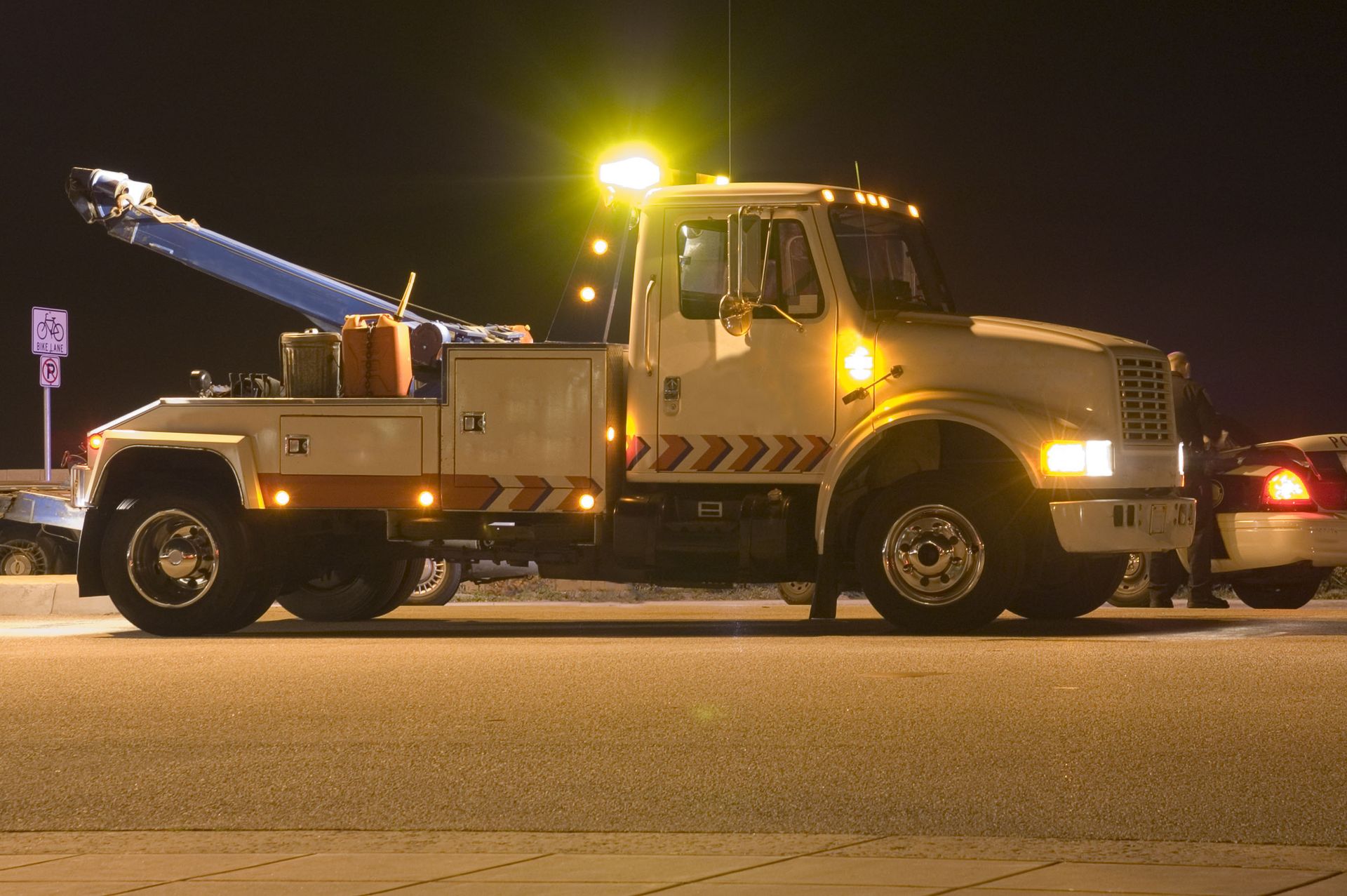


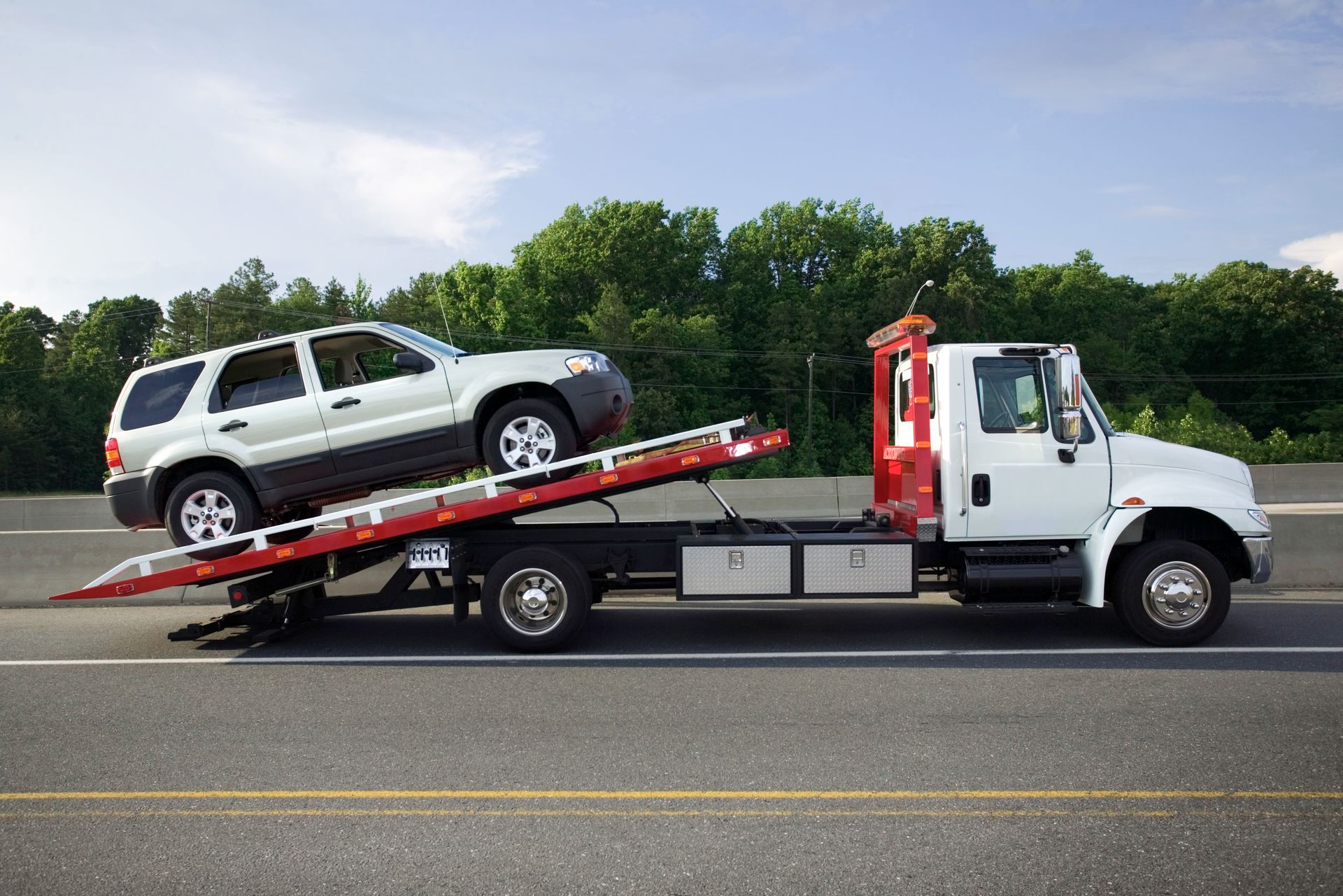
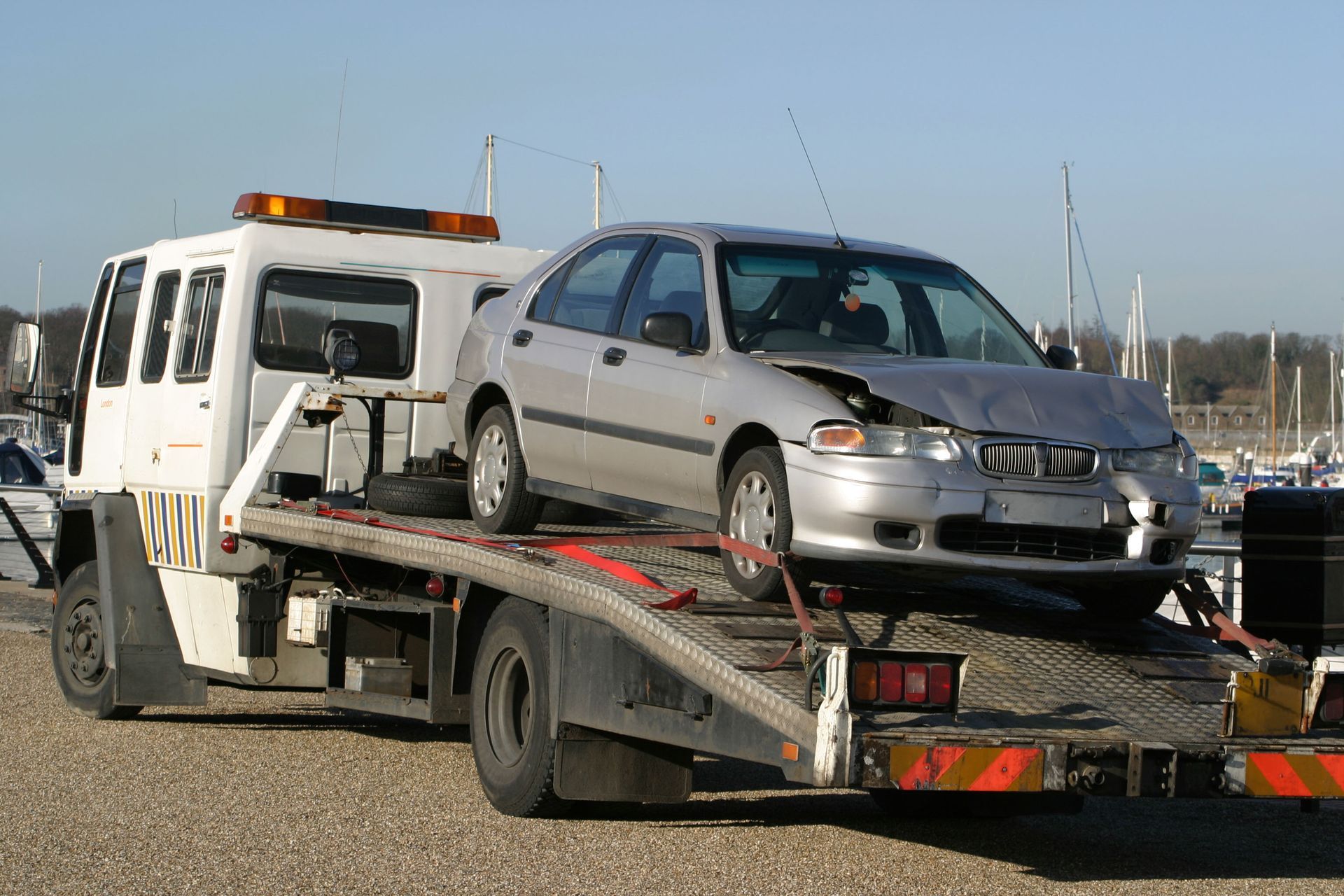
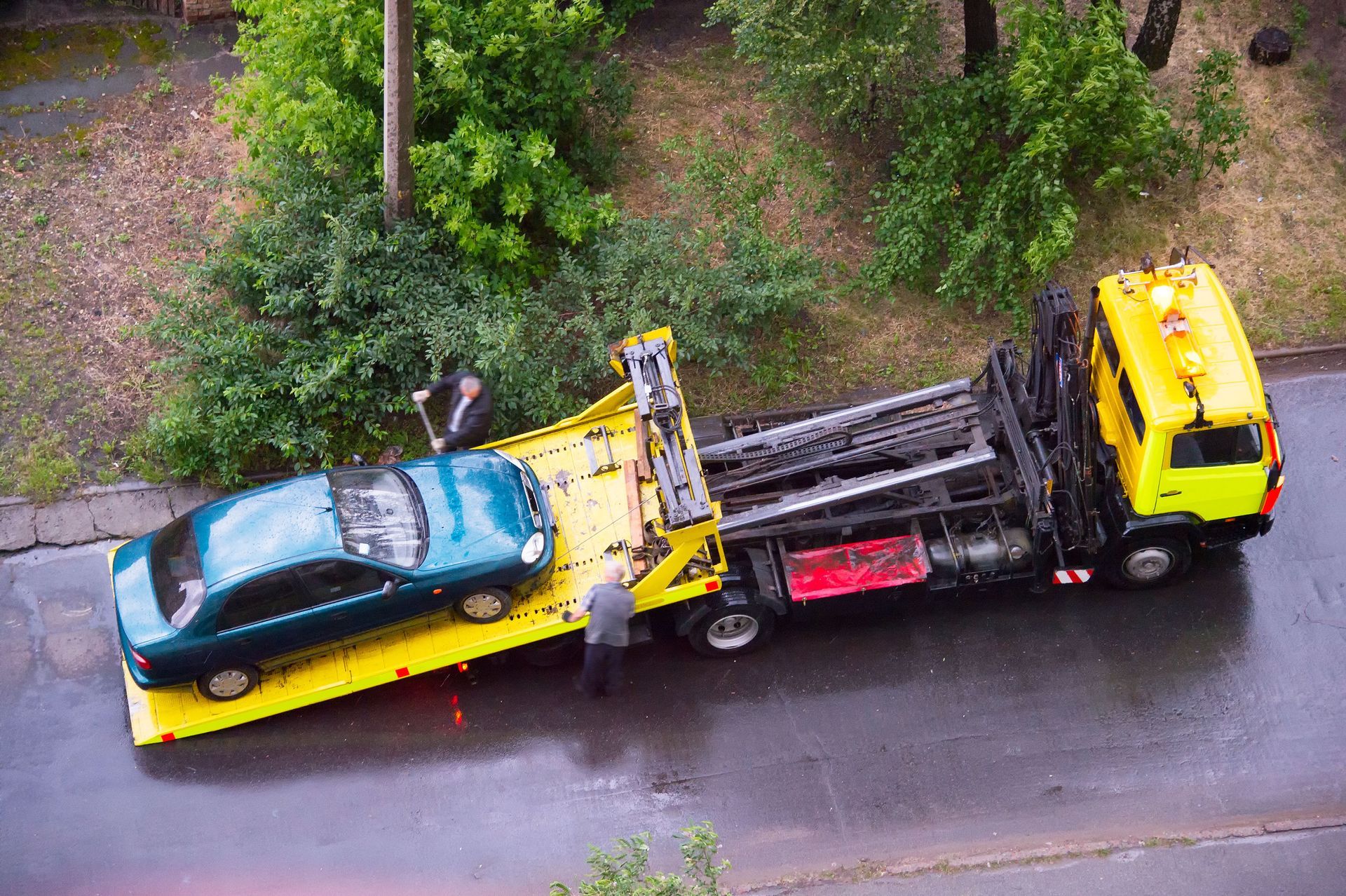

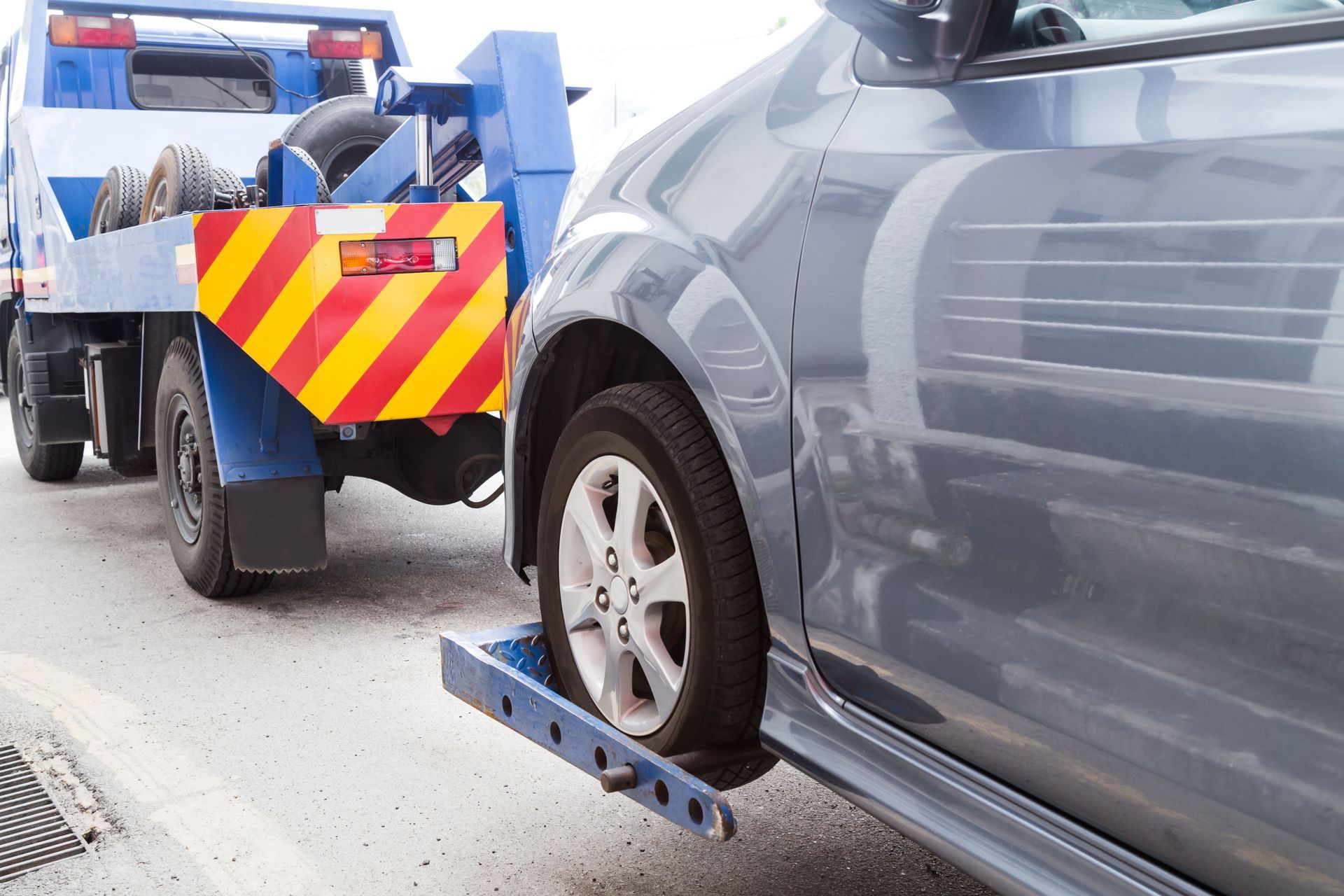
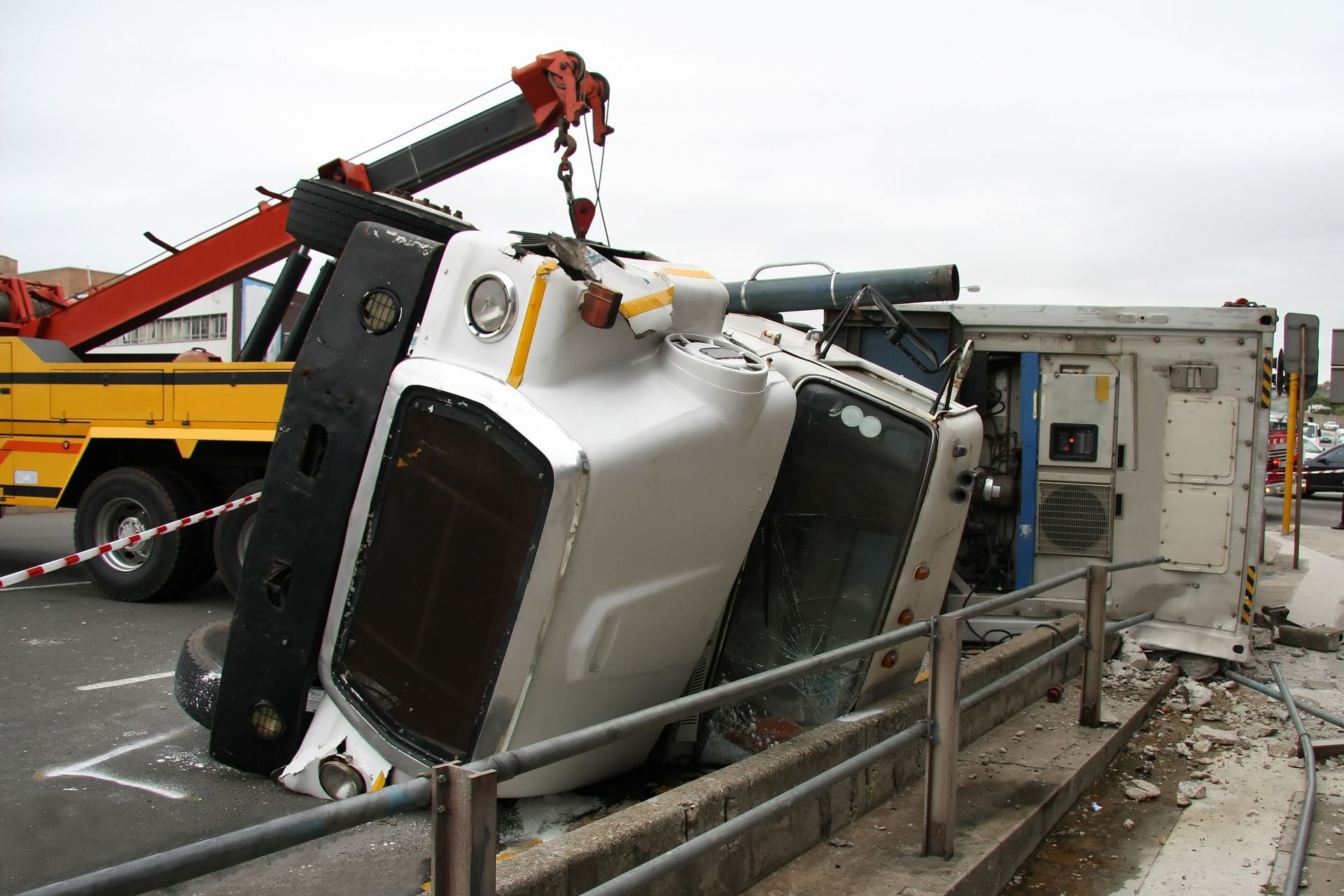

Share On: